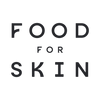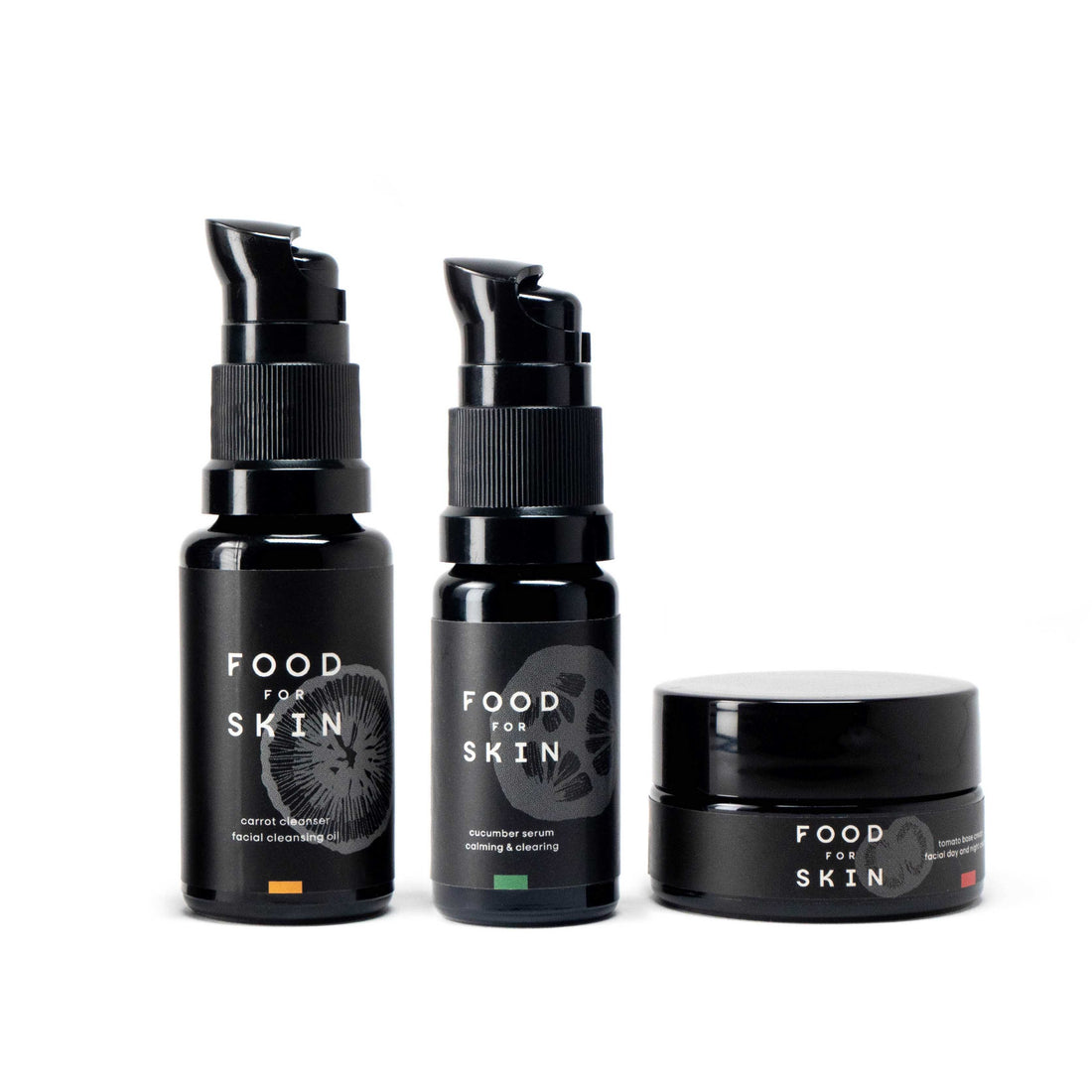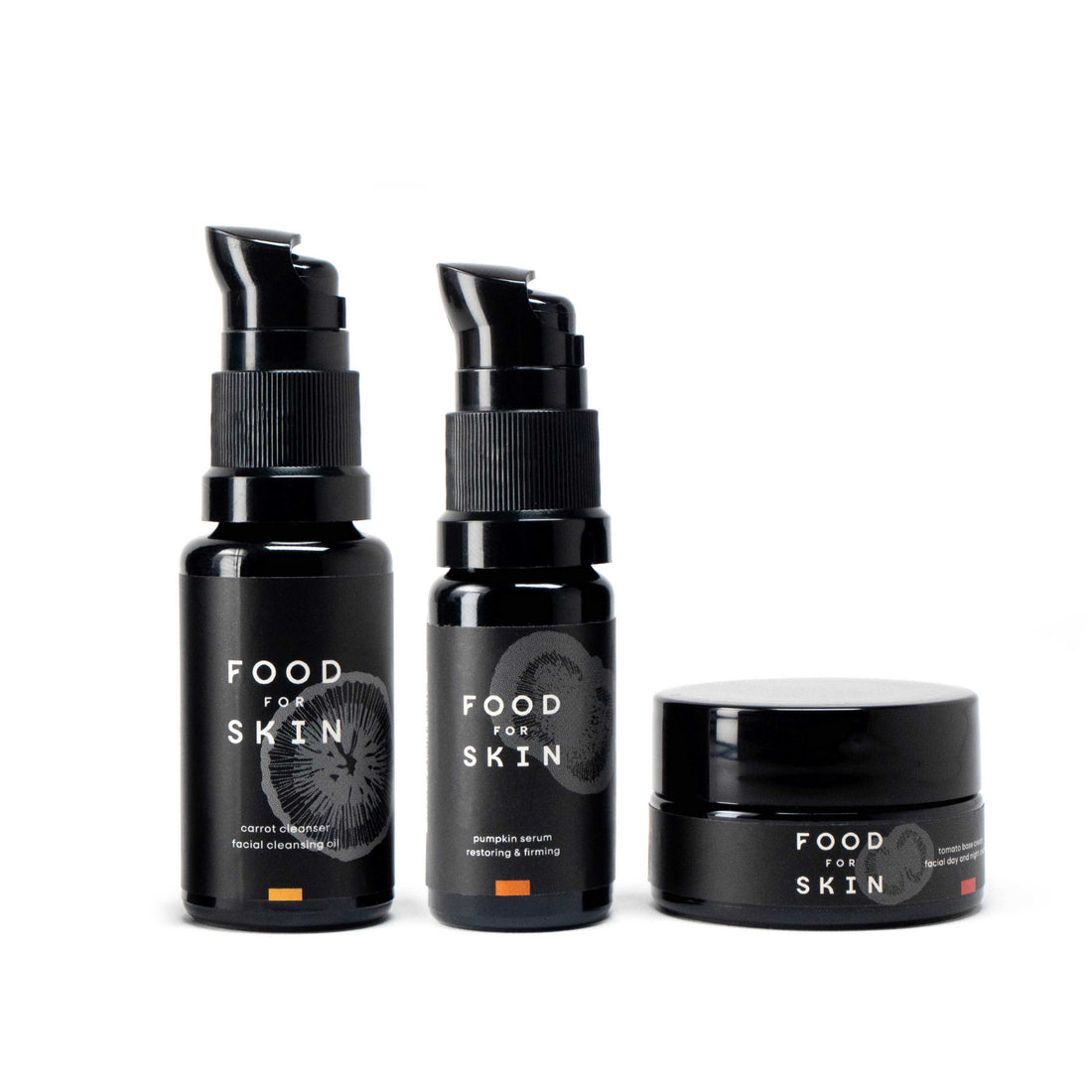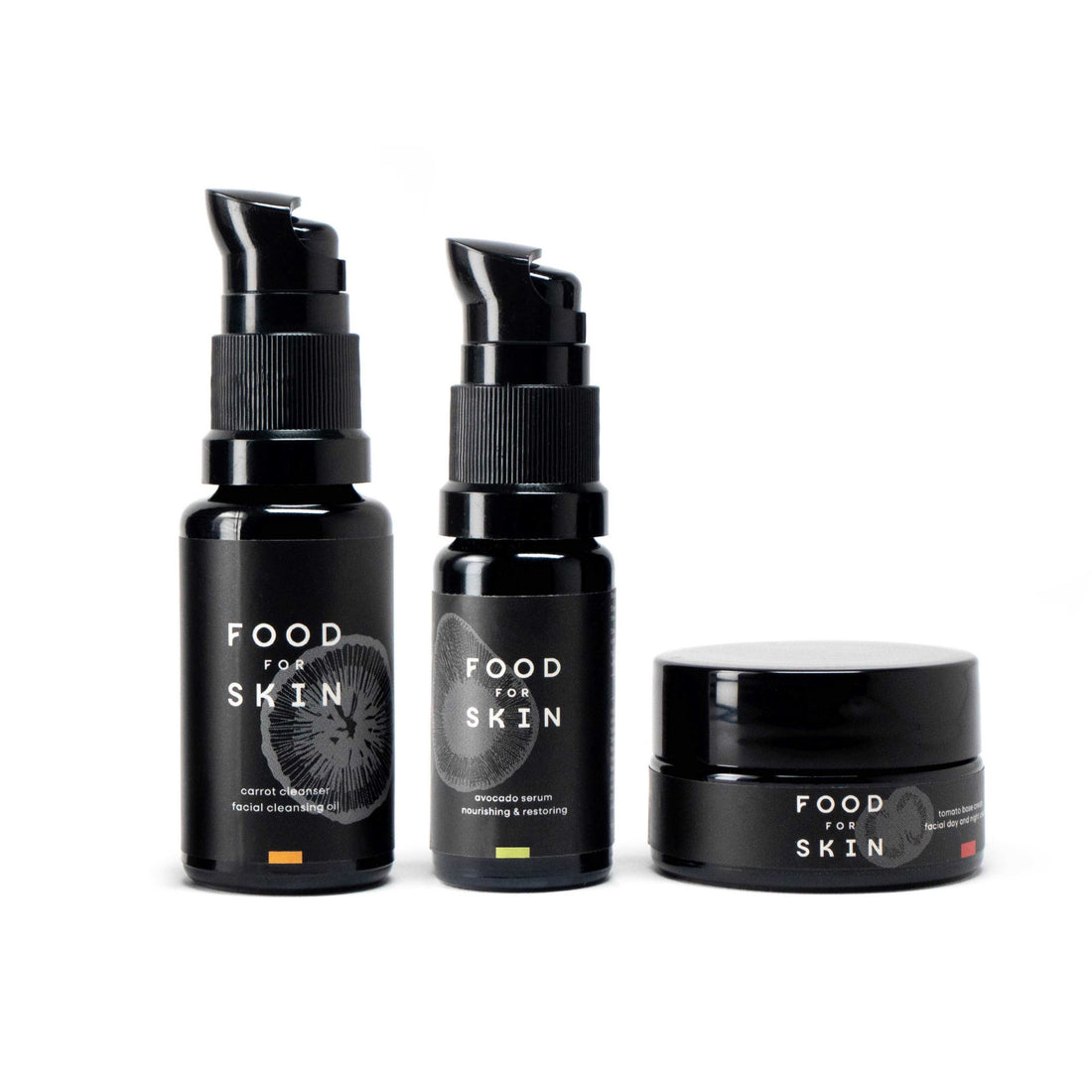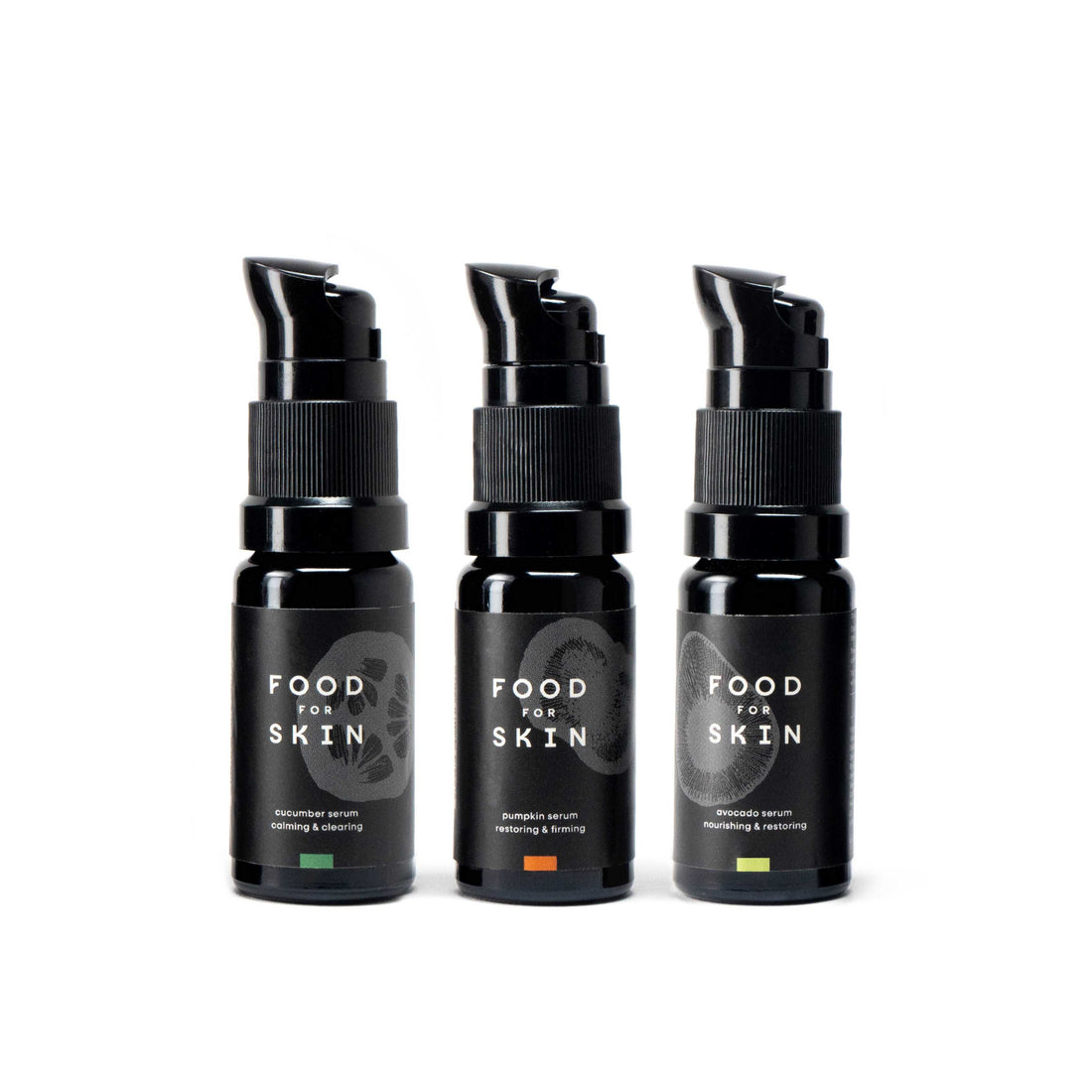Lately there has been a lot to do about sunscreen. Stories are circulating on social media that it is better not to apply sunscreen because you could get skin cancer from it. That's not correct! The risk of skin cancer is greater if you stay unprotected in the sun. It is important to pay attention to what you protect your skin with and of course that you sunbathe responsibly .
Good sunscreen without chemicals
You can choose from two types of UV protection: sun protection with mineral filters (also called physical filters) or with chemically produced filters and substances (oxybenzone, octocrylene, octyl methoxycinnamate, etc.).
Sunscreen with mineral filters puts a small layer on the skin, so that the sun reflects and cannot penetrate your skin. This minimizes the risk of an allergic skin reaction. Chemical filters penetrate your skin and the UV radiation is therefore partly absorbed into your skin. Due to the skin reaction that arises there, the UV radiation is repelled. The disadvantage of these filters is that they can cause an allergic reaction in sensitive skin. This video from nu.nl explains the difference again in 60 seconds.
Natural sunscreen
Food for Skin sun protection contains only mineral filters. The main ingredient of our sunscreen is zinc oxide. Zinc lays a small layer on the skin, so that the sun is reflected and cannot penetrate your skin. As a result, the chance of an (allergic) reaction of the skin is minimal. Another advantage of a sunscreen without a chemical filter is that the mineral filter lays a thin layer on the skin, an exposure time is not necessary and you are therefore immediately protected.
Natural sunscreen without white cast
Until a few years ago, sunscreens with mineral filters often left a white film on your skin. Fortunately, technology has improved and Food for Skin now uses a mineral filter that reflects the sun, but does not leave a white film. Through long research in collaboration with our laboratory, we have created an incredibly beautiful formula, including blueberry seed oil, kakadu plum kernel oil and raspberry seed oil and developed our sunscreen that does not leave a white cast, even after swimming. We do advise to always reapply after swimming.
For makers of natural sunscreen, it is still a challenge to make an SPF 50 that goes on smoothly, doesn't whiten and doesn't clog your pores. Because a thicker cream with a lot of zinc is more likely to clog pores, so possible pimples.
In any case, it is important to properly cleanse your skin in the evening if you have used sunscreen. You can do this with the Food for Skin Carrot Oil Cleanser , in combination with the washing cloth , so that you immediately remove dead skin cells and clean the pores properly. Then take care of your skin with a very mild serum that softens and restores your skin, for example the Food for Skin Cucumber Serum .
Vegan sunscreen
All Food for Skin products are vegan, sustainable and not tested on animals and contain no microplastics, perfume or parabens.
Coral-friendly sunscreen
Always look for Oxybenzone and Octinoxate free sunscreen. These ingredients cause the coral and marine life to become ill. That is why these substances are being banned in more and more countries, but beware: not yet everywhere! It is also good to make sure that it says non-nano and uncoated. This means that there are no nano particles that can still penetrate your skin or the coral.
Sunscreen without harmful substances
There are manufacturers who - to prevent white haze - make the zinc particles so small that they can penetrate your skin. These are called nanoparticles. Some manufacturers also put a chemical layer around the zinc particles (coating) to make it more spreadable. Make sure your product is non-nano and uncoated. If this is not stated, you can assume that it is a product with nanoparticles.
Natural sunburn face
In addition to the fact that Food for Skin's sun protection only uses natural and vegan ingredients in its sunscreen, it also contains various substances that keep the skin in balance: antioxidants to ward off external influences, moisturizers that help to retain moisture in the skin and substances that help restore the skin. So in addition to protection, the SPF30 nourishes with ingredients from nature. This makes the sunscreen suitable for both body and face.
Shelf life sunburn
Check the packaging to see how long your sunscreen and therefore the factor is still good after opening. The factor decreases when it comes into contact with oxygen. With Food for Skin SPF30 this is 6 months. The factor really decreases after 6 months, so pay close attention to this.
Best natural sunscreen
In summary, there are 10 tips that you can pay attention to if you want to buy natural, sustainable and well-caring sun protection:
-
Go for a mineral filter, such as the SPF30 from Food for Skin .
-
Choose non-nano and uncoated product, so that it cannot penetrate your skin and marine life.
-
Choose a factor of at least 30.
-
Choose a water-repellent product, so that you also have protection in the water.
-
Go for a 'clean' product, without perfume, microplastics or hormone-disrupting substances. Check this with the Cosmeticon app .
-
Choose an SPF enriched with antioxidants to ward off harmful substances from the outside.
-
Check whether your product protects against UVA (against skin aging and cancer) and UVB (against sunburn). This must be indicated on the packaging
-
Scan your sunscreen for microplastics with the BTMB app .
-
Choose sustainable packaging, such as 100% PCR (post-consumer recycled: this is plastic that has already been recycled).
-
Check the expiration date and do not use sunscreen that has been opened for more than 6 months.

